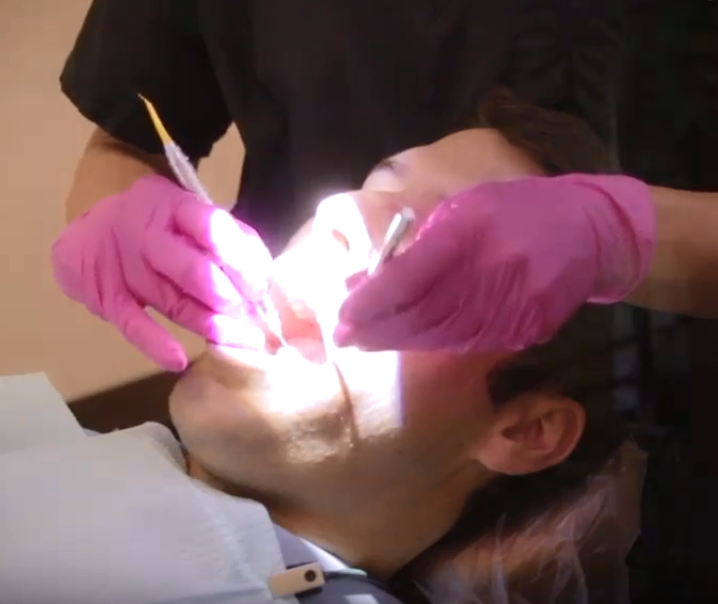Root canals are often the treatment of choice when you develop a serious infection involving your natural tooth’s pulp, or if your tooth has been chipped, cracked, or otherwise damaged. However, while root canals have a high success rate and a high patient satisfaction rate, not every root canal ends up being a permanent solution.
The factors that initially bring a patient to the endodontist influence whether their tooth can be saved by a root canal. Here is a short list of conditions that can make saving a tooth with a root canal treatment more challenging.
 Factors That Can Interfere With Saving Natural Teeth With Root Canals
Factors That Can Interfere With Saving Natural Teeth With Root Canals
-
Teeth with long or unusually curved roots. Endodontists use special tools and seal the roots. If a patient’s canals are hard to clean, it may be less likely that the treatment will be permanently successful.
-
A crack in the tooth root. Even though teeth treated with a root canal are protected above the gum line with a restoration such as a crown, if the root itself develops a crack, infection can re-enter the tooth.
-
Advanced periodontal disease. Your gums play an integral role in your oral health and if you have severe or recurrent gum disease, saving your natural tooth through a root canal is far less likely to be successful.
-
Previous root canal treatment of the tooth. There are ways to treat a tooth if the original root canal fails, such as a retreatment or an apicoectomy. However, the success rates for additional procedures are not as high as for a first-time root canal treatment.
“Although root canal treatment often provides a lifelong solution for a damaged or infected natural tooth, it isn’t the best choice for every patient,” says Dr. Allen, an endodontist who practices with the Phoenix Endodontic Group. “Our staff can perform a thorough examination and advise you on your best treatment options.”
